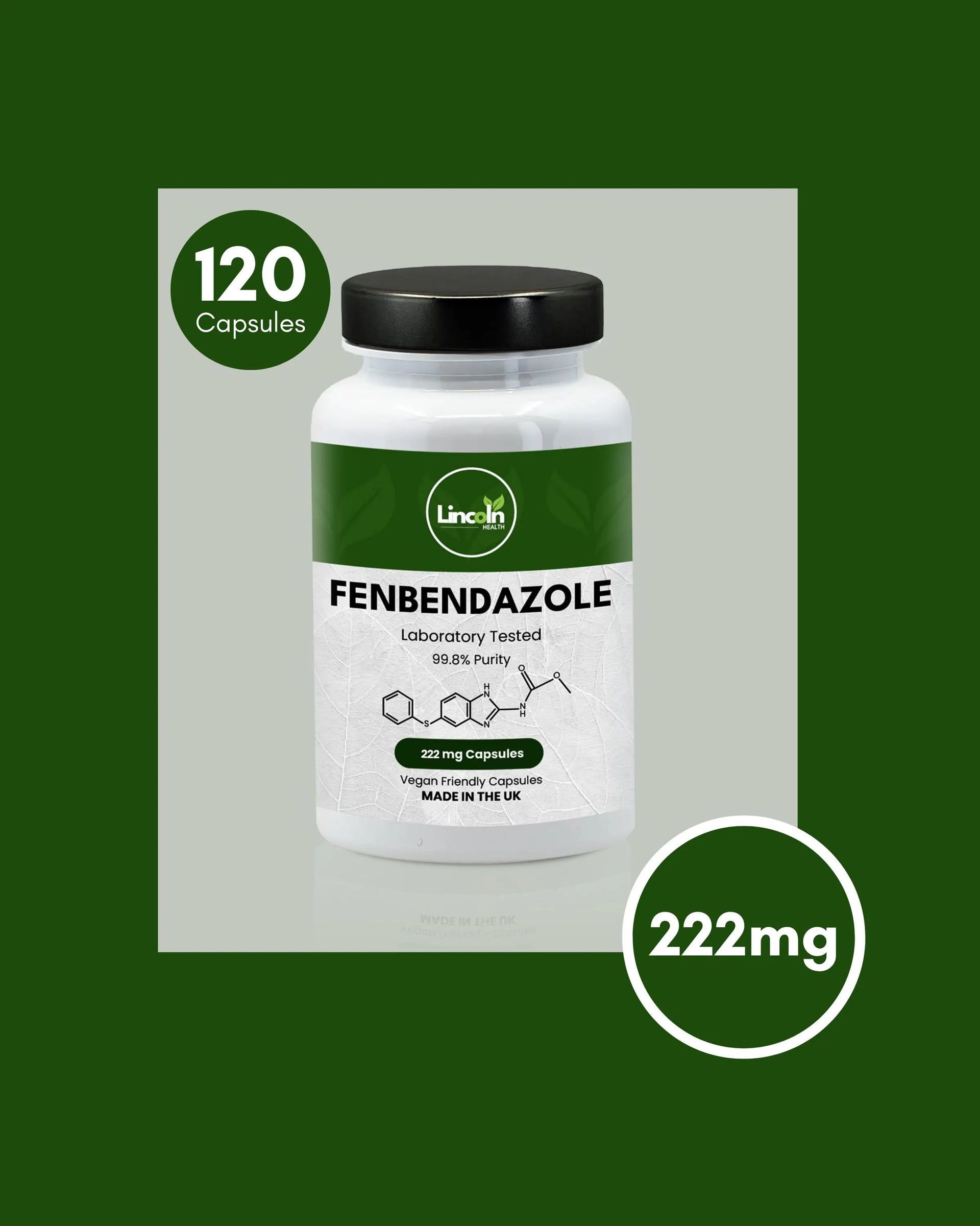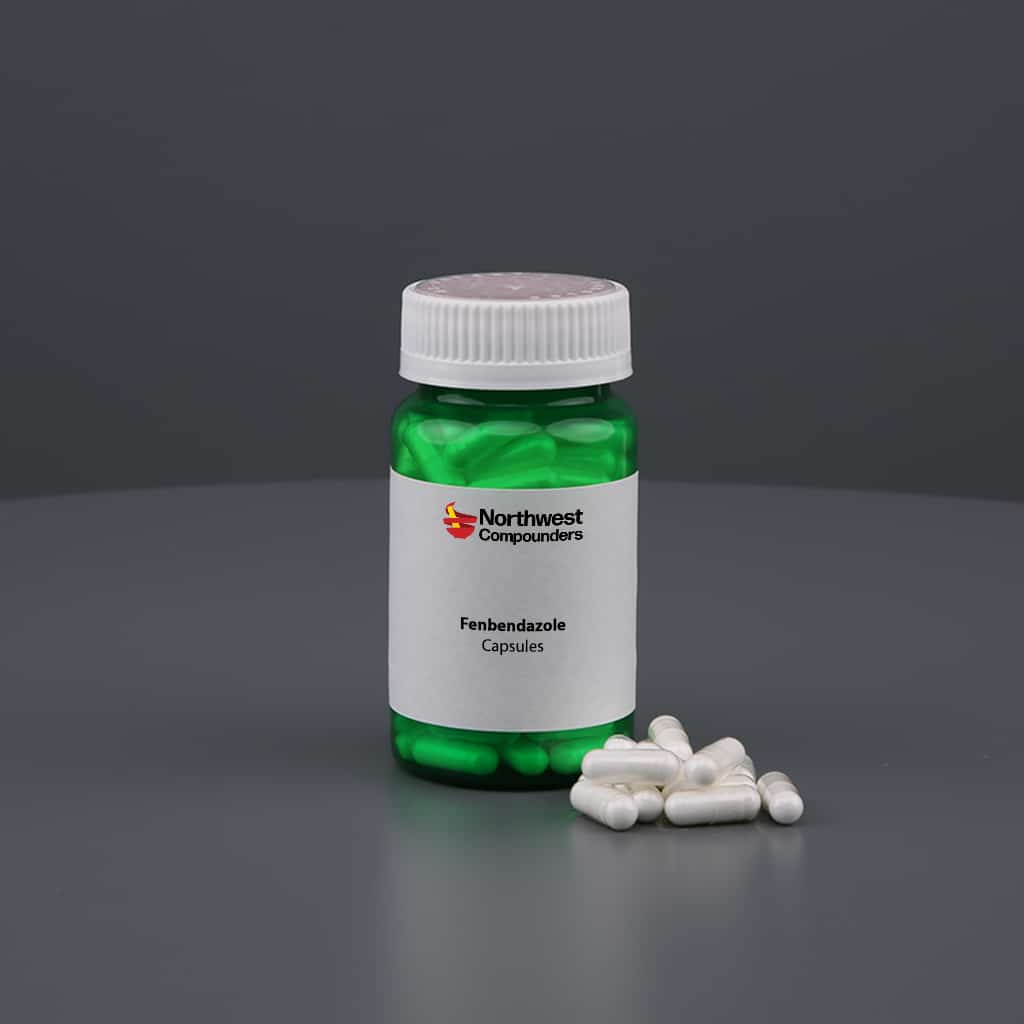fenbendazole: New Perspectives in Veterinary Oncology and Beyond
All You Required to Learn About Fenbendazole and Its Uses in Pet Dog Treatment Solutions
Fenbendazole is a widely identified anthelmintic medicine in veterinary treatment. It efficiently targets various stomach parasites in pets. Comprehending its system and ideal applications is essential for animal owners. This medicine uses remarkable advantages but also needs cautious dosage and tracking. As family pet care evolves, exploring fenbendazole's role can offer insights into maintaining suitable health for cherished animals. What should animal owners find out about its administration and safety?
What Is Fenbendazole?
Fenbendazole is an anthelmintic medication largely made use of to deal with parasitical infections in animals. This broad-spectrum dewormer is efficient versus a variety of intestinal bloodsuckers, including roundworms, hookworms, whipworms, and specific types of tapeworms. It is frequently used in canines, cats, steeds, and animals, making it a flexible choice for pet owners and vets alike. Fenbendazole is normally provided orally, available in various solutions such as granules, tablet computers, or suspensions. The medicine is typically thought about safe, with a reduced occurrence of negative effects, although it is vital for family pet proprietors to adhere to dosage guidelines meticulously. By removing parasitical infections, fenbendazole aids maintain total health and well-being in pet dogs, guaranteeing they stay energetic and dynamic. Its effectiveness and security account have actually contributed to its prevalent usage in vet technique, developing fenbendazole as a keystone in pet dog care solutions.

How Does Fenbendazole Job?
Targeting bloodsuckers at a mobile level, fenbendazole disrupts their metabolic procedures. This anthelmintic drug mainly prevents the feature of microtubules, vital elements of the bloodsucker's mobile framework. By binding to tubulin, a protein that develops microtubules, fenbendazole stops the setting up of these structures, which are vital for numerous mobile features, consisting of transport and division. Therefore, the affected bloodsuckers are not able to maintain their life cycle, leading to their eventual death.
Fenbendazole likewise hinders energy manufacturing in bloodsuckers by preventing the enzyme fumarate reductase, critical for their metabolism. This dual activity not only impedes their capacity to recreate however likewise endangers their power supply, further improving its effectiveness. Generally, fenbendazole's targeted device permits reliable control of a wide range of parasitic infections, making it an important tool in vet medication for the treatment of ravaged animals.
Typical Uses Fenbendazole in Family Pet Care
In the domain of vet medicine, fenbendazole is frequently made use of for its effectiveness against a selection of parasitic infections in pets. This broad-spectrum anthelmintic is mostly used to deal with intestinal bloodsuckers such as roundworms, hookworms, whipworms, and tapeworms. Fenbendazole is likewise reliable versus specific protozoan infections, including giardiasis.
Veterinarians frequently recommend fenbendazole for routine deworming in young puppies and kittycats, offered their sensitivity to these parasites. Additionally, it is made use of in grown-up dogs and cats as part of a comprehensive bloodsucker control program.
Fenbendazole is preferred for its safety account, making it appropriate for use in different breeds and ages of animals. It is generally administered in oral type, via granules or tablet computers, allowing for easy unification into a pet's diet. Routine usage of fenbendazole adds to keeping total wellness and health in pets by avoiding and taking care of parasitical infections successfully.
Benefits of Fenbendazole for Pet dogs
Fenbendazole provides significant advantages for family pets, particularly as a reliable treatment for numerous parasitic infections. Its security profile makes it appropriate for a series of pets, guaranteeing that both dogs and pet cats can benefit from its use without substantial risk. This combination of efficacy and safety placements fenbendazole as a beneficial option in pet dog care.
Reliable Bloodsucker Therapy
Countless pet proprietors look for effective remedies for parasite problems, and fenbendazole has actually become a trusted option. This broad-spectrum anthelmintic medicine targets different inner parasites, consisting of roundworms, hookworms, and whipworms. Fenbendazole interrupts the basal metabolism of these bloodsuckers, bring about their removal from the pet's system. Its effectiveness is noteworthy across different types, making it a flexible choice for numerous animal owners - 222 mg. In addition, fenbendazole is often well-tolerated, with marginal side effects reported, which enhances its allure as a therapy alternative. Routine use of fenbendazole can assist maintain an animal's health and comfort by preventing the complications connected with parasitical infections. Generally, fenbendazole attracts attention as a useful device in the battle against usual bloodsuckers in pets
Safe for Numerous Animals

Dose and Management Guidelines
When taking into consideration fenbendazole for pets, comprehending the proper dosage is important for efficiency and safety and security. Recommended dosage guidelines differ based upon the type of family pet and the certain condition being treated. Furthermore, numerous management methods can influence the overall success of try this the treatment.
Suggested Dose Standards
Although fenbendazole is an extensively used anthelmintic in vet medication, establishing the correct dosage for animals is vital to assure both efficiency and safety and security. The recommended dosage generally varies based on the type of parasite being treated and the animal's weight. For dogs and cats, an usual guideline recommends providing 50 mg per kg of body weight daily for three successive days. However, in some instances, a veterinarian may suggest a longer therapy period or readjust the dose based upon specific health problems (fenbendazole capsules). It is essential for pet dog proprietors to get in touch with a veterinarian before carrying out fenbendazole, as improper does might result in ineffective treatment or potential side results, stressing the significance of expert advice in pet care


Administration Approaches Discussed
Administering fenbendazole to pets needs mindful consideration of the method to ensure ideal absorption and efficiency. One of the most usual management techniques consist of dental formulations, such as tablets or suspensions. Tablet computers need to be provided entire, while suspensions have to be shaken well before use. For pet dogs that are hard to medicate, blending fenbendazole with a percentage of food can improve approval. Dosing normally depends upon the family pet's weight and the particular condition being treated. It is crucial to adhere to veterinarian referrals closely and complete the full training course of therapy, even if symptoms improve. Checking for side results is also important, as unfavorable reactions can occur, albeit infrequently. Appropriate administration assures the medicine's efficiency and the pet's wellness.
Security Considerations and Possible Negative Effects
While fenbendazole is extensively identified for its efficiency in treating numerous parasitic infections in pet dogs, it is necessary to assess the security profile and possible adverse effects connected with its usage. Typically, fenbendazole is considered safe when carried out at advised dosages, however some pets might experience adverse reactions. Typical side impacts include stomach disturbances such as throwing up and diarrhea, in addition to sleepiness or loss of cravings.
In uncommon instances, allergic reactions might happen, resulting in signs like additional hints swelling or difficulty breathing (fenbendazole 222). It is vital for pet dog owners to monitor their pets carefully during treatment and report any type of uncommon actions to a vet. Additionally, fenbendazole should not be made use of in family pets with well-known hypersensitivity to the drug or in pregnant pets unless particularly advised by a veterinarian. On the whole, notified use and veterinary advice can help minimize risks linked with fenbendazole treatment in pet dogs
Often Asked Inquiries
Is Fenbendazole Safe for Pregnant Family Pets?
The safety of fenbendazole for expecting pets remains vague. Some studies suggest prospective dangers, while others indicate it could be risk-free. Consultation with a vet is essential to assure the health of both the mommy and her offspring.
Can Fenbendazole Be Made Use Of for Cats?
Fenbendazole can be utilized for cats, mainly to deal with specific kinds of parasitical infections. However, it is see post essential for animal owners to speak with a veterinarian for ideal dose and safety and security guidelines particular to their cat's health.
How Lengthy Does Fenbendazole Take to Work?
The moment it considers fenbendazole to work usually ranges from a few days to a week, depending on the details problem being treated and the individual pet's action to the medication. Regular application is important.
Exist Any type of Communications With Other Drugs?
Possible interactions with other medicines ought to be thoroughly considered when carrying out fenbendazole. Consulting a veterinarian is necessary to ensure safe mixes, as certain medications might alter its effectiveness or raise the threat of adverse effects in pet dogs.
Where Can I Purchase Fenbendazole for Animals?
Fenbendazole for family pets can be purchased at vet centers, pet supply shops, and online retailers. It is important to ensure the product is especially formulated for pets to confirm security and effectiveness in treatment.